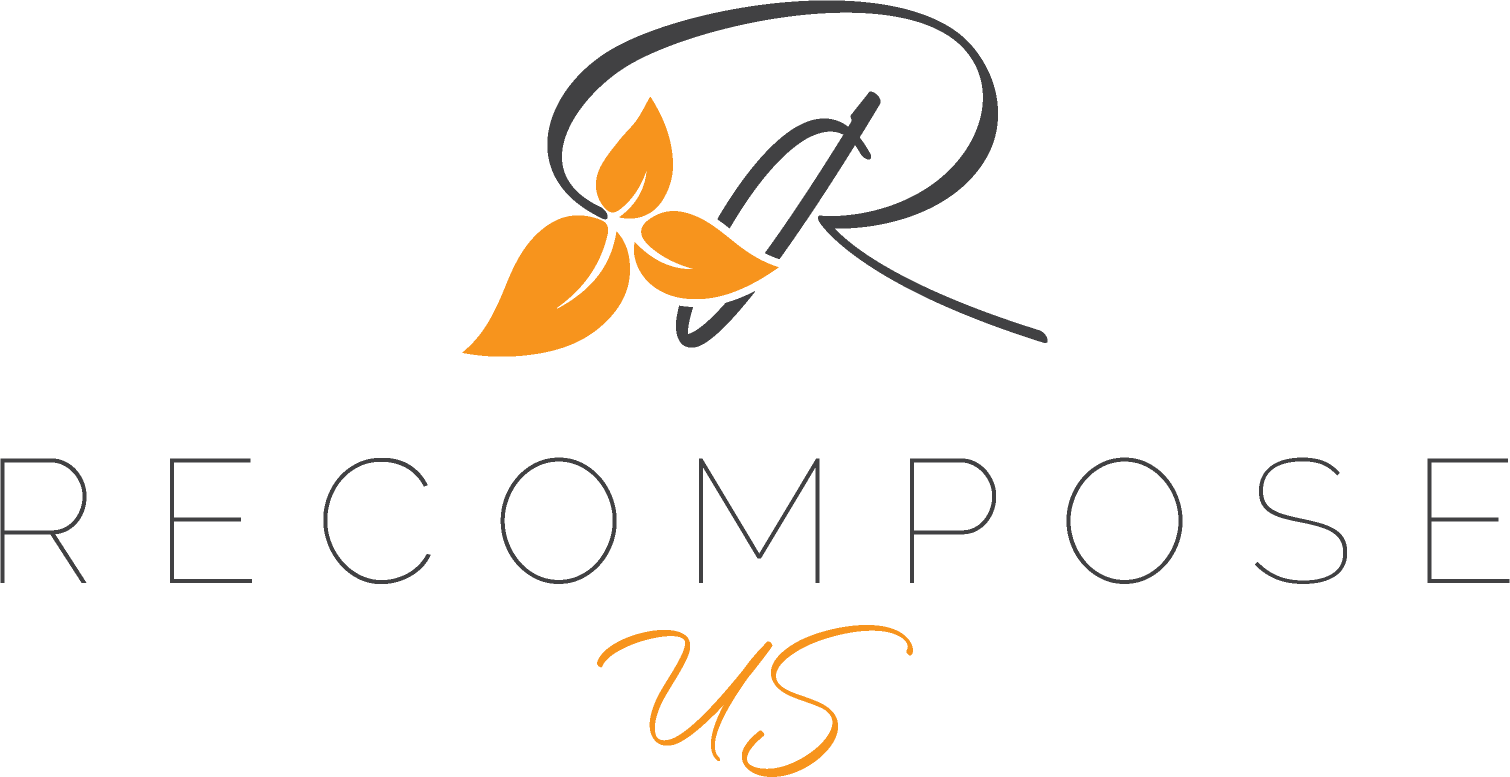You must listen to resolve conflict. When I see clients with conflict to resolve, they often want to start by listing their demands. Clients lead, understandably, with how they believe they have been wronged, and how it can be made right. Although it makes sense that they want to vent and also explain their perspective, it can immediately put the other person in the room on the defensive. This isn’t a recipe for great success in my experience. Even though these dynamics are not unusual, they are also solvable in a number of ways.
So, how do we allow space for frustration, even complaining, and make way for resolution too? It requires creating a dynamic of active listening, as well as communicating, together. In order to help facilitate this process, I need to get the “buy in” from the participants that listening matters as much as talking. There is evidence, from many sources, that gaining agreement from participants prior to deciding makes sense and often results in more agreement in the long run. https://nyti.ms/2M61FlX Here’s 3 top reasons you must listen to resolve conflict.
- Listening Is Required To Learn What You May Not Know:
- People start with the idea they are right. We think we have all the info we need to decide. We already know very well why we believe our own perspective and believe it’s our job to convince the other person of it. But, that is only the beginning.
- You may actually learn something by listening. The other person has ideas too. You may not have considered them. As difficult as it is to sit quietly while someone else talks, it is, in my experience, one of the most critical pieces of conflict resolution. You may learn something you didn’t know. Taking it in helps inform what you think you know.
- Listening Helps You Develop Empathy For Someone’s Perspective:
- When someone else shares information, especially in person, it often helps each of us, as humans, recognize that everything we may have projected onto them may not be true. Seeing their emotion, or even the lack of it, informs what may help us create a shift. We may begin to understand and share the feelings of the other person.
- There are important clues in human interaction. When we pay attention, we can see it. This means you begin to see a person rather than someone in your way. You recognize their human motivations. https://bit.ly/3c3O756 Listening is the beginning of empathetic understanding even when we still disagree.
- Listening Leads To New Ideas About What May Create a Shift:
- Once we have opened ourselves to the powerful skill of really hearing what someone tells us, we begin the hard work of allowing into the space new ideas. Although we may have had real certainty in our position, which likely feels very comfortable and familiar, we may begin to see that there are other possibilities too.
- It isn’t often immediate, but, upon reflection and more time spent listening we can learn how to hear what the other person is saying. Even if we don’t agree, it’s a much better place to begin to look for a way to communicate effectively.
In sum, when you listen, as well as speak about a conflict, you may recognize new ideas for resolution. Sitting down together, letting down defenses, and sharing information, can allow space for new information and processing that allows both sides to see possibility.
We are here to help, right now.
To get started on your transformation: Coach@Recompose.Us or 240.252.3349 Ext. 812


